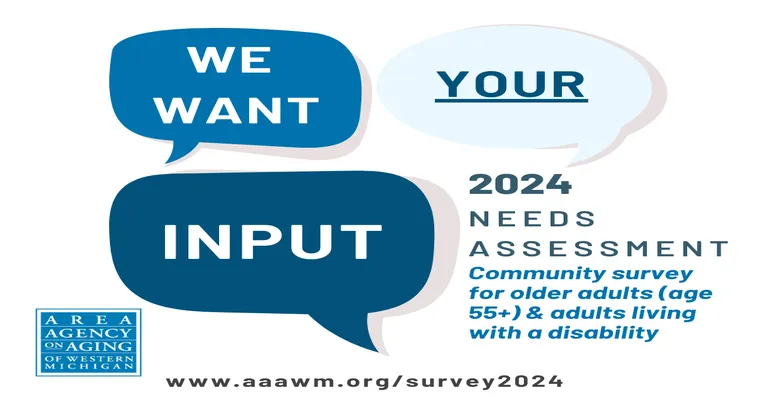When the "Area Agency on Aging" (AAA) schedules an "assessment", it can be a significant moment for seniors and their families. Understanding what to expect during this process is crucial for maximizing the benefits of the services provided. An assessment can help identify a senior's needs and connect them with the appropriate resources to enhance their quality of life. In this article, we will explore the key components of an AAA assessment, what seniors should prepare for, and how to make the most of this important meeting.
Understanding the Purpose of the Assessment
The primary goal of an "AAA assessment" is to evaluate the needs of older adults to ensure they receive the necessary support and services. Assessors typically look into various aspects of a senior's life, including their physical health, mental well-being, social connections, and living environment. The information gathered during the assessment helps the agency create a tailored service plan that addresses individual needs.
What to Expect During the Assessment
1. "Initial Contact": Before the assessment takes place, an AAA representative will reach out to schedule a convenient time. This initial contact may include questions about the senior's current living situation and any specific concerns.
2. "Home Visit": The assessment is usually conducted in the senior's home. This allows the assessor to observe the living conditions and better understand the environment where the individual resides.
3. "Interview Process": During the visit, the assessor will conduct an interview with the senior and possibly family members or caregivers. They will ask questions about daily routines, medical history, mobility, social interactions, and any challenges faced in daily living.
4. "Evaluation of Needs": The assessor will evaluate various needs, including:
"Health care": Understanding any medical conditions and medication management.
"Nutritional needs": Assessing dietary habits and access to food.
"Social engagement": Identifying opportunities for social interaction and community involvement.
"Safety concerns": Evaluating the home for hazards and accessibility issues.
5. "Resource Recommendations": Based on the information collected, the AAA will provide recommendations on available resources. These may include home care services, meal delivery programs, transportation assistance, or community engagement opportunities.
Preparing for the Assessment
To ensure a smooth assessment process, seniors and their families can take several steps to prepare:
"Gather Information": Compile relevant medical records, a list of medications, and any documents that reflect the senior's current living situation.
"Identify Concerns": Create a list of specific concerns or questions to discuss during the assessment. This can help guide the conversation and ensure that all important topics are covered.
"Involve Family Members": Encourage family members or caregivers to participate in the assessment. Their insights can provide a more comprehensive view of the senior's needs.
Making the Most of the Assessment
To maximize the benefits of the assessment, seniors should be open and honest about their needs and concerns. This transparency will help the assessor understand the situation more clearly and provide the most appropriate recommendations. Additionally, it is essential to follow up on any resources suggested by the AAA to ensure that the senior receives the necessary support.
Conclusion
An "Area Agency on Aging" assessment is a valuable opportunity for seniors to receive tailored support and resources. By understanding what to expect and preparing adequately, individuals can make the most of this important process. If you or a loved one are nearing an assessment, embrace the opportunity to enhance your quality of life and access the services that can make a real difference.





